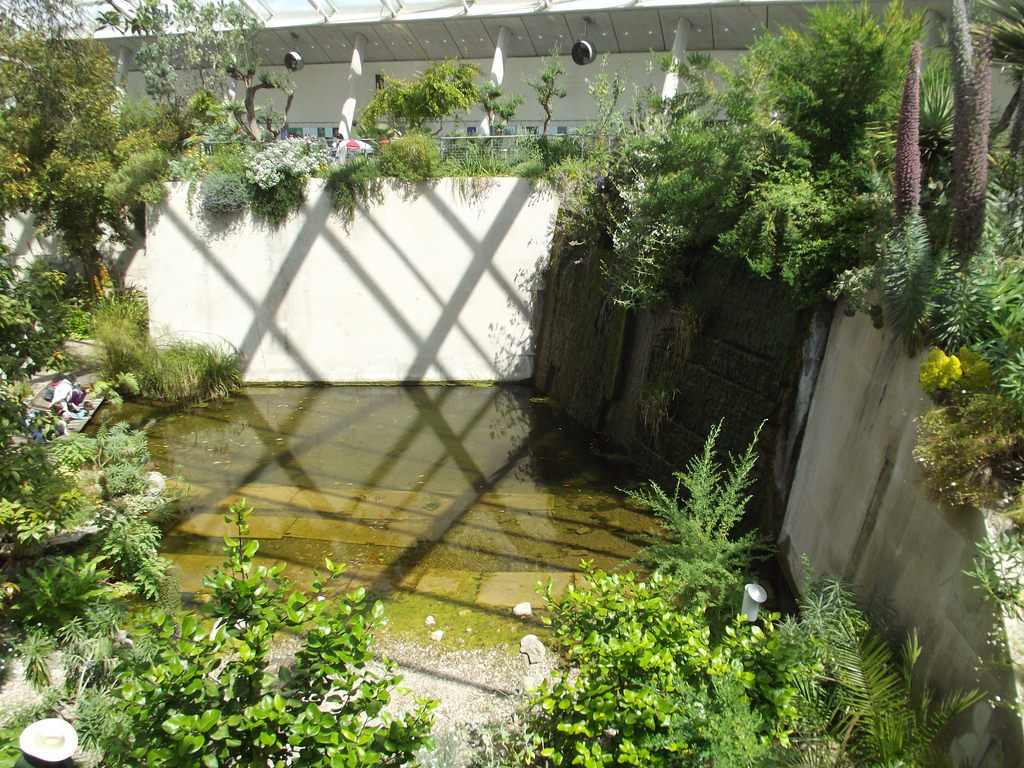
Rats, raccoons and possums, oh my! You need rodent control, but you don’t want to hurt the environment. Here’s why your rodent control should be eco-friendly.
Gnawing mammals such as mice, rats, possums, raccoons, and squirrels can carry disease with them and require removal. In order to do this, it’s often necessary to exterminate them.
Sadly, pesticides can often be bad for the environment. There are so many ways to be eco-friendly at home; so there’s no you can’t do the same when it comes to rodent control.
Everything from insecticides to herbicides to fungicides will usually feature chemical ingredients. These not only are damaging to a rodent and the environment but also can affect other wildlife and the health of humans too.
So, let’s go into further detail on why your rodent control should be eco-friendly?
The Negative Effects of Chemical Pesticides
Pesticides are a chemical substance that is used to exterminate harmful or dangerous small animals such as rodents, as well as insects. They are also used to battle certain wild plants, as well as other unwanted organisms.
The problem with these chemicals is that they can seriously damage a person’s health. Farmers use pesticides on their crops, which is incredibly dangerous if there are harmful elements involved. The same applies to some rodent control products which are likely to be used in and around the home.
Rodent control is often required in public places too, such as offices where people work or restaurants where people eat.
But the hazards involved could include a range of ailments, with varying severity. Cancer, birth defects, and endocrine system damage are some of the more serious implications. Skin and eye irritation, headaches and dizziness and nausea are also problems that can crop up.
Chemicals and the Environment
Chemical pest control is technically a form of pollution. They can lead to air, soil and water damage. They can also kill other animals. They can even kill humans. There are also varying types of beneficial microorganisms that can be eliminated as a result of these chemicals.
Some of these chemicals are methoxychlor, vinclozolin, and phosphates which have lead to the more serious side-effects mentioned earlier in this article. Worryingly, these are even more likely to affect babies and children.
Using these toxic elements runs a risk of contaminating your home and water supply. If you choose more eco-friendly rodent control options you will minimize your exposure to these dangerous chemicals. At the same time, you’ll be keeping rodents out of your home and away from your family.
Rodents
Rats have the ability to thrive in various different conditions and can be drawn to people’s homes. Rats can bring with them infectious diseases and in turn, can transfer other pests such as fleas and lice into the home too.
They are curious animals and rodent control specialists should know about their behavior, diet, and habits in order to exterminate them.
Mice often live in the walls, the ceilings or under the floors. They are much more cautious than rats and will scurry away and hide somewhere awkward to reach, making them often trickier to eliminate. They also spread disease, often in their urine.
Raccoons can create a lot of damage in and around your home and yard. They like to find homes in attics, under decking, in sheds, chimneys, vents, ducts and crawl spaces and can ruin these parts of the property.
Possums are similar in that they can live in a variety of habitats and are also destructive. And squirrels are considered vermin, thanks to their ability to carry disease too.
Eco-friendly Rodent Control
Because even the smallest amount of chemical pest control can get into the air and water supply, it’s best to go eco-friendly and organic if you can.
Biopesticides is a way of using organisms to gain control over rodents, biologically. These organisms are beneficial to the planet’s ecosystem and encourage a natural defense against pests to thrive. This, in turn, helps keeps these kinds of pests at bay.
Plants as Pest Control
The likes of rats, mice, possums, and raccoons can be deterred as soon as they enter your yard. If you plant organic soil stimulants, such as Holganix, you can grow plants that fend off diseases.
But you can prevent pests in your yard by researching which pest-resistant plants will thrive in your region. Then plant them around your home.
Don’t Invite Rodents
A simple and natural way of deterring rodents is to simply be extra diligent around your property. Reduce any unnecessary entryways such as cracked or smashed windows and doors or cracks in the walls. Install screens around doors and windows. Make sure garages, sheds and outhouses are secure too so that nothing can get in and thrive.
By simply storing food safely, ensuring trash is sealed, eliminating any risk of excess water or leaking and improving drainage you are economically reducing the risk of rodents.
Also, check areas for pest nests regularly. Chimneys, crawl spaces and drainpipes, for example.
Chemical-Free Rodent Control
Tackling rodents the eco-friendly way isn’t difficult thanks to companies that employ environmental methods.
If you have tried to keep these pests at bay via your own methods, the next step is to call in a trained professional. They will come in and evaluate the situation. They will then design a safe, low-impact, green way to eliminate the problem.
This will not feature toxins and keep your home safe and organic. Using friendly microorganisms and installing them into your personal ecosystem health and safety will not be a worry.
These specialists work with you and your family, pets and home environment in mind, as well as the planet overall. After all, every little helps.
What Next?
If you need even more convincing, head straight to these testimonials.
Where possible, it best to use natural methods around the home. Everything from eco-friendly laundry detergent to natural bedding. So make sure you do the same when it comes to your method of rodent control.
If you’ve got any testimonials or tips of your own, leave a comment below this article.


